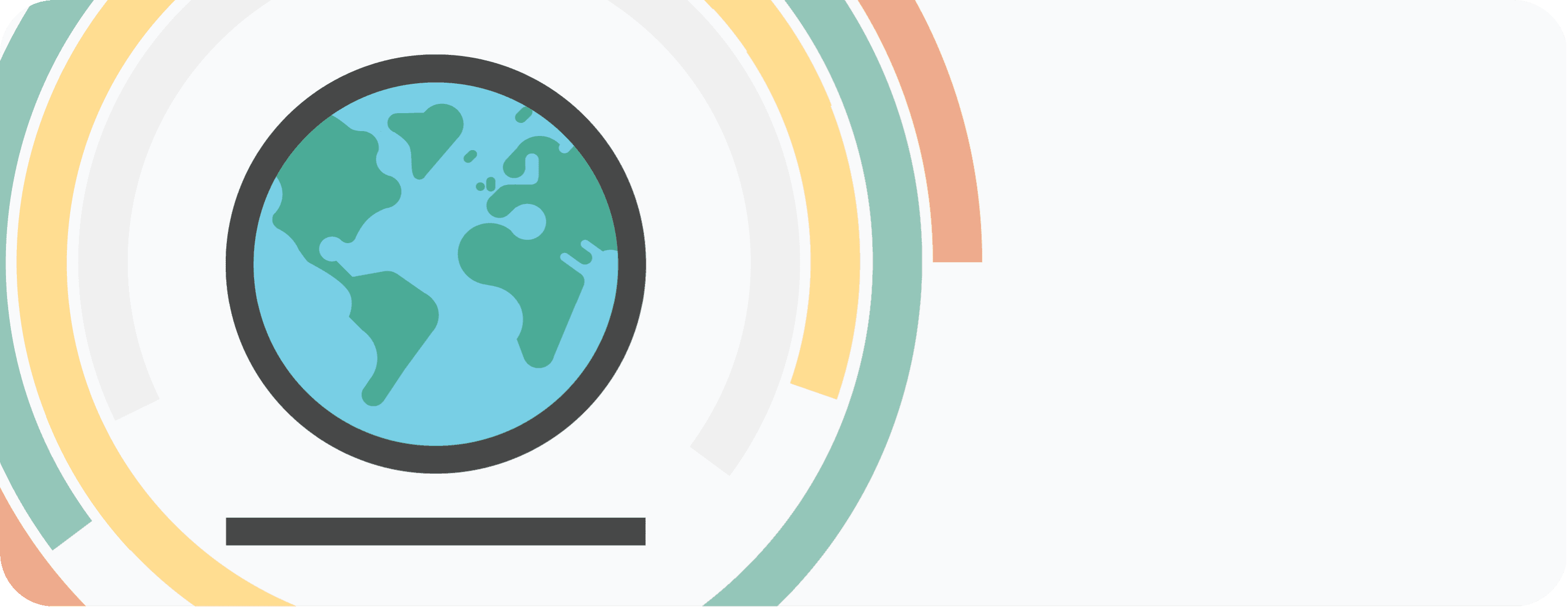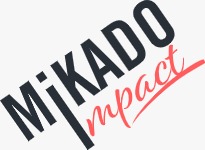

Mikado Impact

September 2012
Management consultant - nonprofits
Service with Minor Environmental Footprint
Turkey
Mikado is a social enterprise committed to serve sustainable development and to yield social impact through crafting innovative models and solutions. Mikado believes in and strives to create partnerships among private sector, civil society, academic institutions and international organizations for multidimensional development. They wished to become a B Corp to be part of and learn from a community of organizations with social impact and to get closer to our mission of serving sustainable development. Mikado is a social enterprise; on the one hand it helps and equips different organizations to better serve communities and become agents of change, on the other hand it generates socially innovative projects itself. Mikado is like a “social innovation catalyzer, generator and incubator”. Mikado’s fields of activities are structured to reach and serve sustainable development: 1. Corporate responsibility and sustainability solutions for a responsible private sector Mikado assists private sector companies to develop their corporate responsibility and sustainability strategies in order for them to meet their responsibilities towards their internal and external stakeholders in an ethical, transparent and accountable manner. Activities that fall under this scope include, corporate responsibility strategy development and coordination, provision of climate change solutions, sustainability reporting, corporate responsibility and sustainability reporting trainings, community investment program development and coordination, monitoring-evaluation. 2. NGO capacity building for a sustainable and transparent civil society Mikado, well aware of NGOs’ crucial role in fostering democratization and active citizenship, assists them to strengthen their organizational capacities and expand their social impact. Mikado’s services in this scope include organizational capacity building, NGO management trainings, monitoring – evaluation and social impact reporting 3. Social innovation The Future is Brighter Project, developed and incubated by Mikado, can be held up as a good example of social innovation, in that it makes the most efficient use of available resources, such as the Internet, online tools and volunteers to empower youth and enable the sharing of experiences and knowledge without the constraints of time or space. www.gelecekdaha.net
Overall B Impact Score
Governance 8.8
Governance evaluates a company's overall mission, engagement around its social/environmental impact, ethics, and transparency. This section also evaluates the ability of a company to protect their mission and formally consider stakeholders in decision making through their corporate structure (e.g. benefit corporation) or corporate governing documents.
What is this? A company with an Impact Business Model is intentionally designed to create a specific positive outcome for one of its stakeholders - such as workers, community, environment, or customers.
Workers 32.0
Workers evaluates a company’s contributions to its employees’ financial security, health & safety, wellness, career development, and engagement & satisfaction. In addition, this section recognizes business models designed to benefit workers, such as companies that are at least 40% owned by non-executive employees and those that have workforce development programs to support individuals with barriers to employment.
Community 30.5
Community evaluates a company’s engagement with and impact on the communities in which it operates, hires from, and sources from. Topics include diversity, equity & inclusion, economic impact, civic engagement, charitable giving, and supply chain management. In addition, this section recognizes business models that are designed to address specific community-oriented problems, such as poverty alleviation through fair trade sourcing or distribution via microenterprises, producer cooperative models, locally focused economic development, and formal charitable giving commitments.
Environment 10.4
Environment evaluates a company’s overall environmental management practices as well as its impact on the air, climate, water, land, and biodiversity. This includes the direct impact of a company’s operations and, when applicable its supply chain and distribution channels. This section also recognizes companies with environmentally innovative production processes and those that sell products or services that have a positive environmental impact. Some examples might include products and services that create renewable energy, reduce consumption or waste, conserve land or wildlife, provide less toxic alternatives to the market, or educate people about environmental problems.
Customers 23.6
Customers evaluates a company’s stewardship of its customers through the quality of its products and services, ethical marketing, data privacy and security, and feedback channels. In addition, this section recognizes products or services that are designed to address a particular social problem for or through its customers, such as health or educational products, arts & media products, serving underserved customers/clients, and services that improve the social impact of other businesses or organizations.
What is this? A company with an Impact Business Model is intentionally designed to create a specific positive outcome for one of its stakeholders - such as workers, community, environment, or customers.